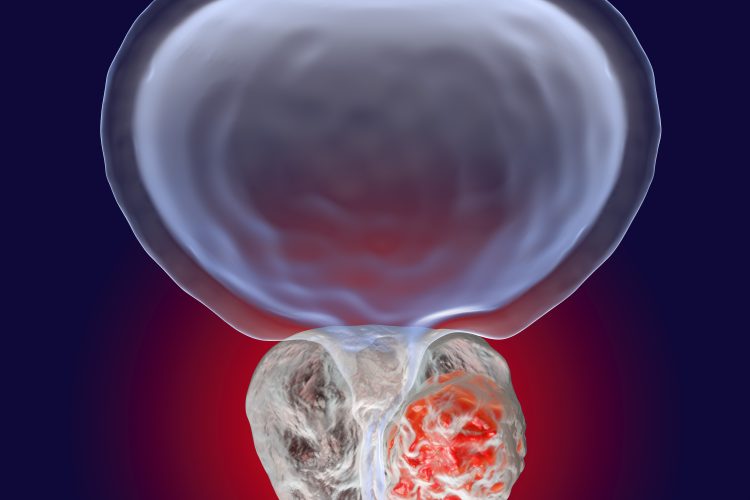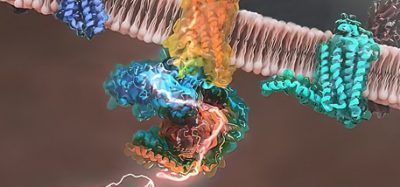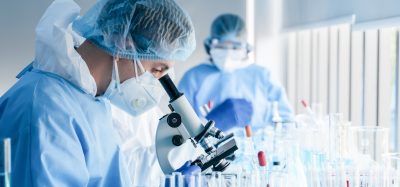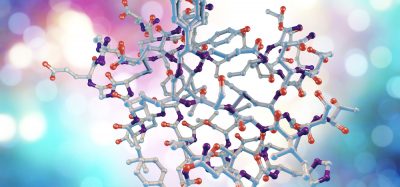NSD2’s role in driving prostate cancer development
Posted: 12 September 2024 | Drug Target Review | No comments yet
This study is the first to demonstrate that NSD2 is foundational to the earliest stage of prostate cancer development.

Scientists at the University of Michigan Health Rogel Cancer Center have discovered that the NSD2 protein changes androgen receptor function, causing rapid cell division and growth and resulting in prostate cancer. This finding could lead to a new therapeutic intervention for this disease.
Normally, the androgen receptor controls the development of the prostate, instructing the cells to stop growing and maintain a healthy prostate. However, in cancer, the receptor has the opposite effect, driving cancer development.
Dr Abhijit Parolia, Rogel fellow and assistant professor of pathology at Michigan Medicine and first author said: “Our study is one of the first molecular explanations for this functional duality of the androgen receptor…NSD2 is a cancer specific collaborator of the androgen receptor that essentially rewires its activity to support prostate cancer development.”
Enhanceosome
To begin, the team conducted a CRISPR screening to search for cofactors involved in the androgen receptor and prostate cancer. They investigated the enhanceosome, including transcription factors and other epigenetic factors, and then contrasted this with the neo-enhanceosome. In the neo-enhanceosome the cancer-causing transcription factors drive expression of cancer-causing programmes.
Usually, the androgen receptor is located on a specific line of site within DNA. However, when NSD2 is present, it rearranges where the androgen receptor enhanceosome is located on the DNA, moving it to sites occupied by known cancer-causing genes and drivers.
Dr Arul Chinnaiyan, director of the Michigan Center for Translational Pathology and S.P Hicks professor of pathology at Michigan Medicine, was co-senior author of the study. He explained: “This is the machinery around the genes we know are involved in prostate cancer development, including androgen receptor, ERG and FOXA1. They all use this machinery to regulate oncogenic expression. We’re now working to indirectly target the genes of interest by affecting these epigenetic components like NSD2.”
The team observed that NSD2 is expressed in prostate cancer cells, but not in normal prostate cells. Despite previous knowledge of NSD2 being involved in metastatic prostate cancer, this is the first study to demonstrate that it is essential for the earliest stage of prostate cancer development.
NSD1/2-targeting agents
Cells return to a more normal state when NSD2 expression is halted in prostate cancer cells, slowing the growth and spread of cancerous cells. It was also discovered that a related protein named NSD1 works alongside NSD2. Prostate cancer cell lines were successfully destroyed by a compound that degrades both NSD1 and NSD2, which did not affect normal cells. However, the initial version of the degrader could not be translated into a mouse model.
Dr Chinnaiyan concluded: “Our study suggests if we’re able to develop NSD1/2-targeting agents, they could potentially be combined with FDA-approved androgen receptor antagonists and have a synergist effect in terms of treatment.”
This study was published in Nature Genetics.
Related topics
Cancer research, CRISPR, DNA, Drug Development, Genetic Analysis, Oncology, Therapeutics
Related conditions
Cancer Research, Metastatic prostate cancer, Prostate cancer







